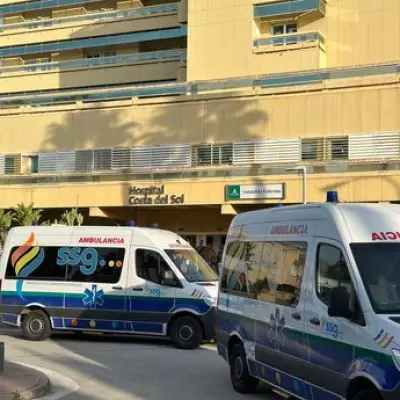
In a landmark proposal that could reshape the national conversation on racial justice, San Francisco's African American Reparations Advisory Committee has put forward one of the most ambitious reparations plans in American history.
Groundbreaking Financial Proposals
The committee's draft plan outlines extraordinary measures to address historical injustices, including $5 million lump-sum payments to every eligible Black resident. This unprecedented financial compensation aims to close the racial wealth gap that has persisted for generations.
Beyond the direct payments, the proposal includes complete debt forgiveness and guaranteed annual incomes set at the area median income—currently approximately $97,000—for at least 250 years. These measures represent a comprehensive approach to rectifying centuries of economic discrimination.
Eligibility Criteria
The plan specifically targets Black adults who have resided in the city for at least 13 years and can prove they descended from enslaved people or victims of systemic racism. This careful eligibility framework ensures that the reparations reach those most affected by historical injustices.
National Context and Challenges
San Francisco's proposal emerges alongside California's statewide reparations task force recommendations, creating a powerful dual approach to addressing racial inequities. However, the plan faces significant financial and political hurdles, with the city currently grappling with a $728 million budget deficit over the next two fiscal years.
The debate comes as the nation increasingly confronts its legacy of slavery and discrimination. While several cities have implemented smaller-scale reparations programs, San Francisco's proposal represents the most comprehensive attempt to materially address historical wrongs.
Implementation Timeline
The committee is expected to present its final proposal to the Board of Supervisors in June, marking a critical juncture in the city's journey toward racial equity. The decision will test San Francisco's commitment to confronting its past and building a more just future.





